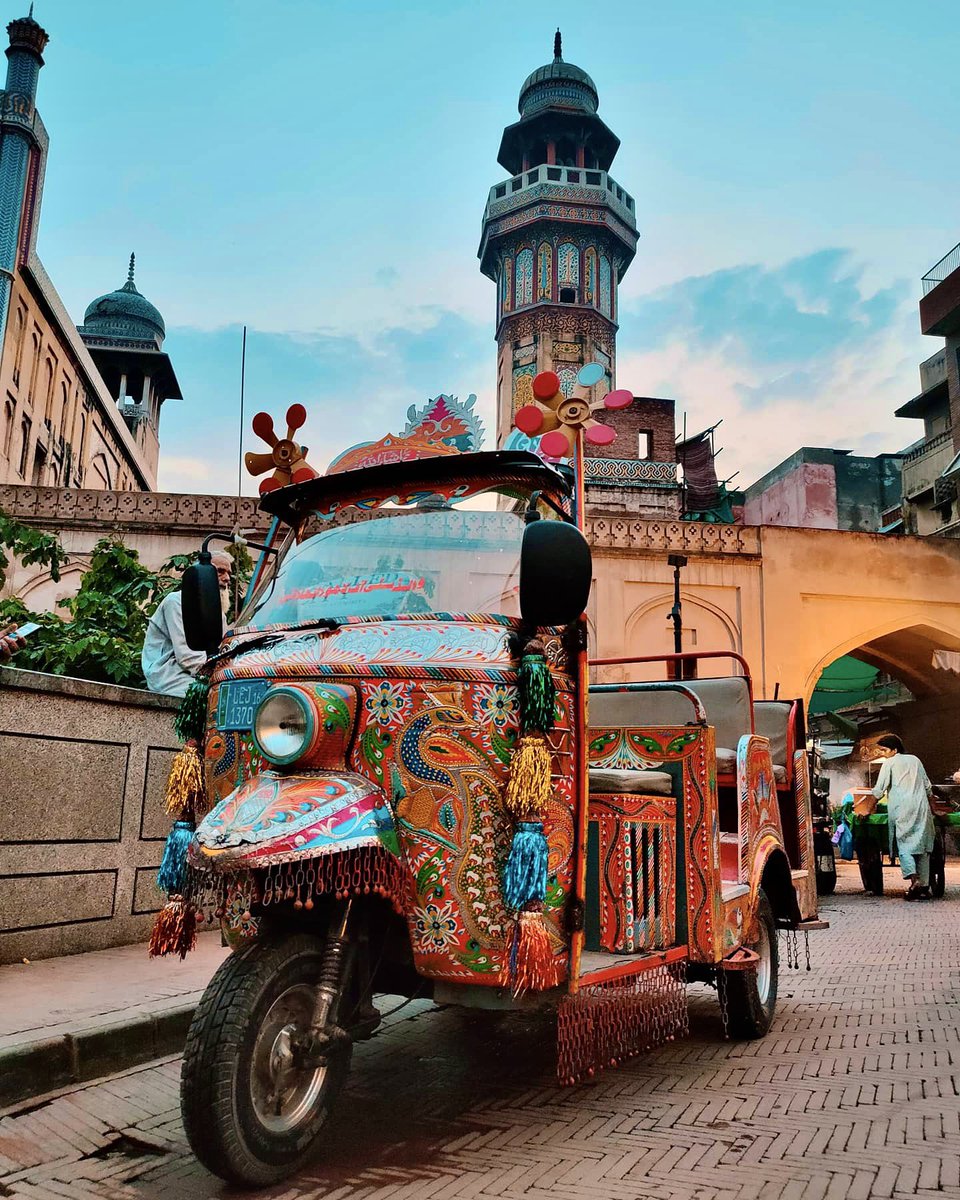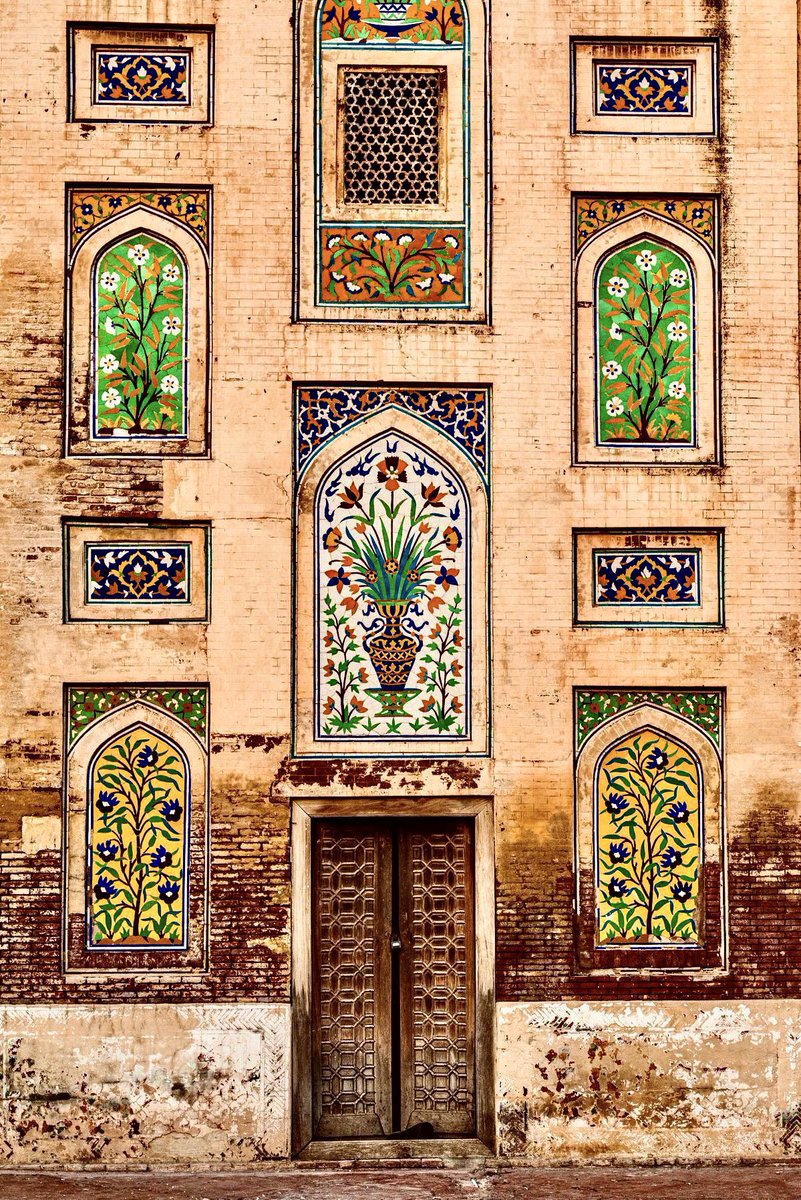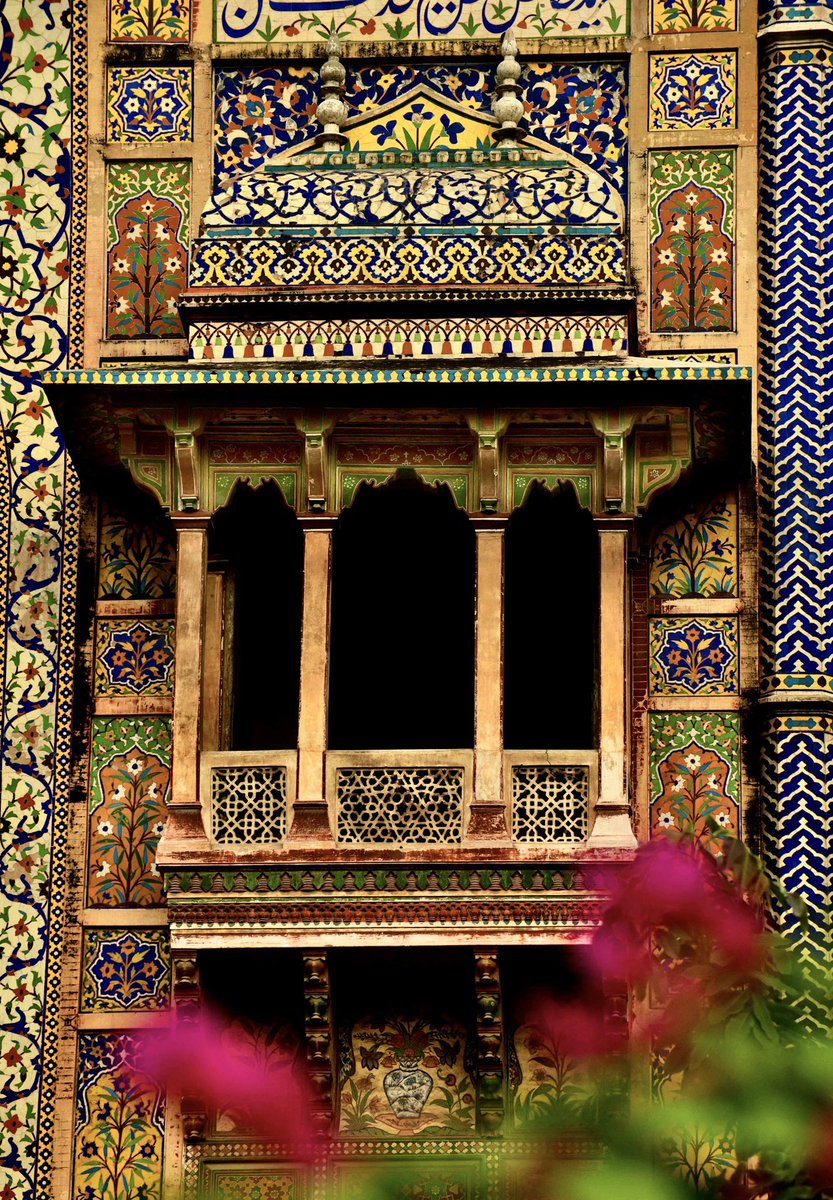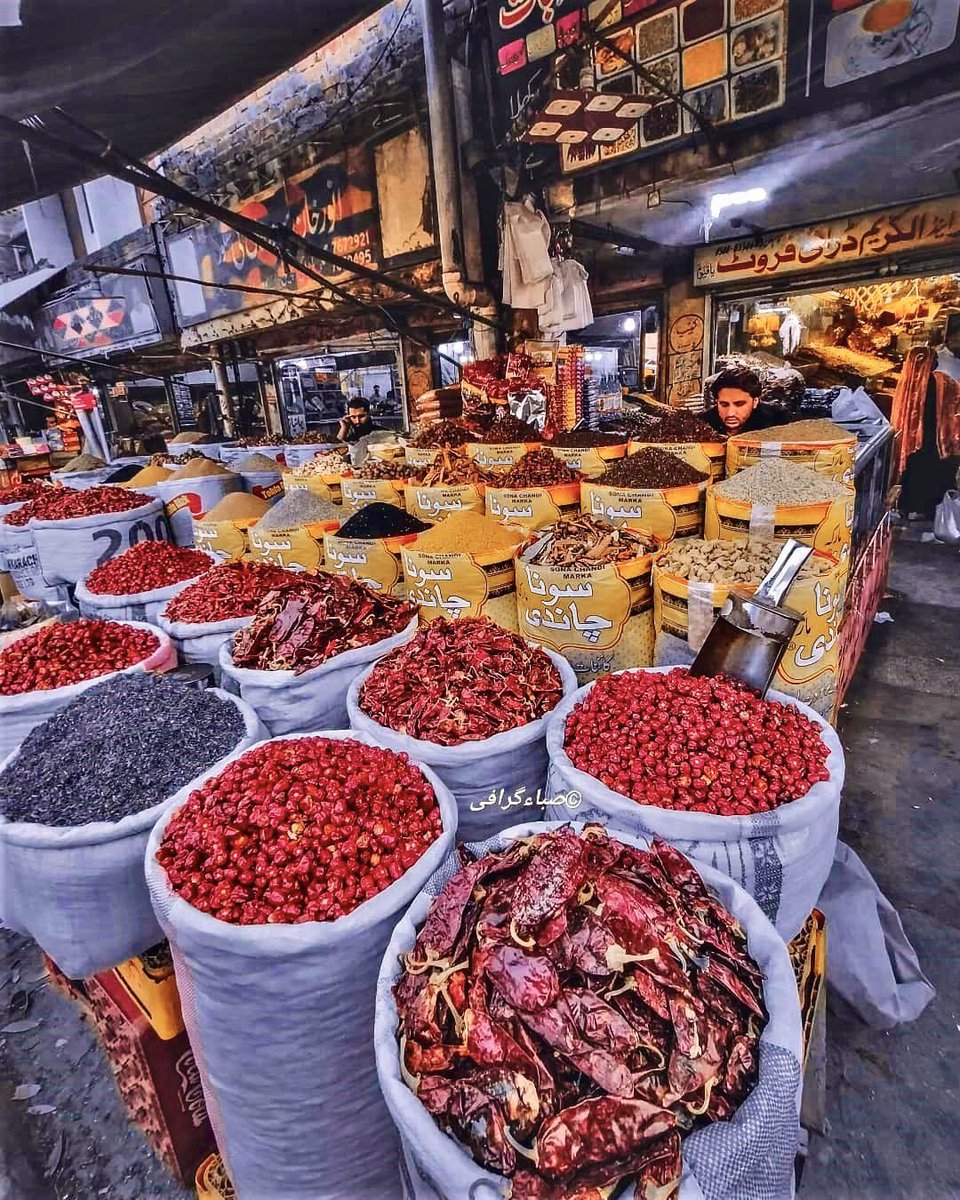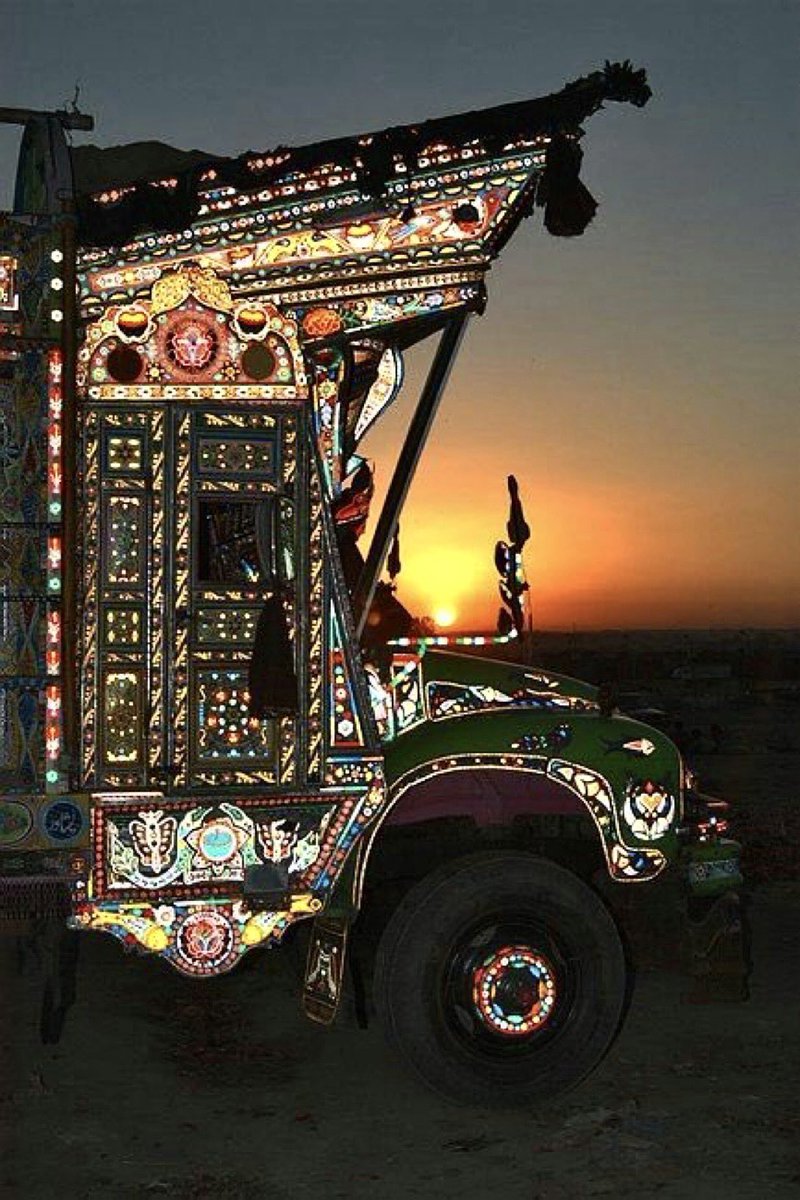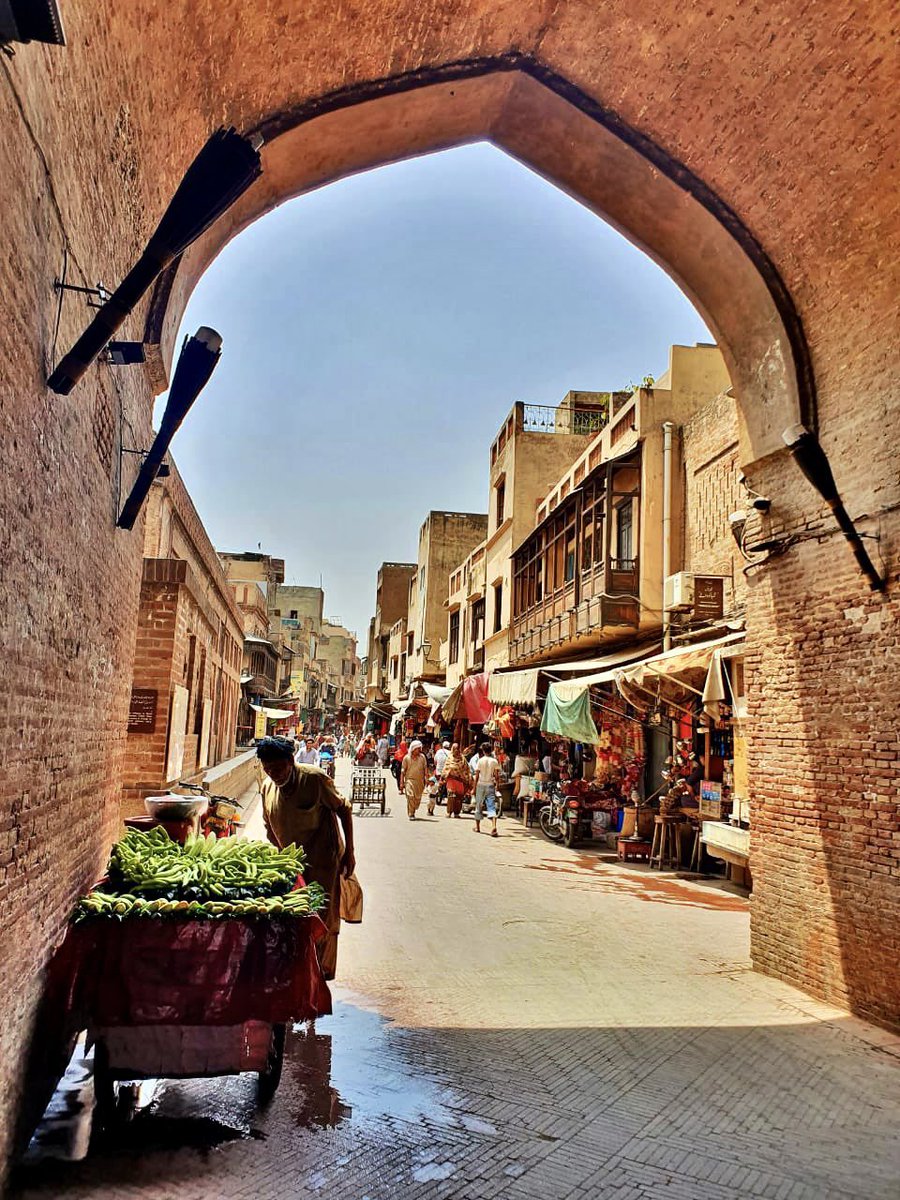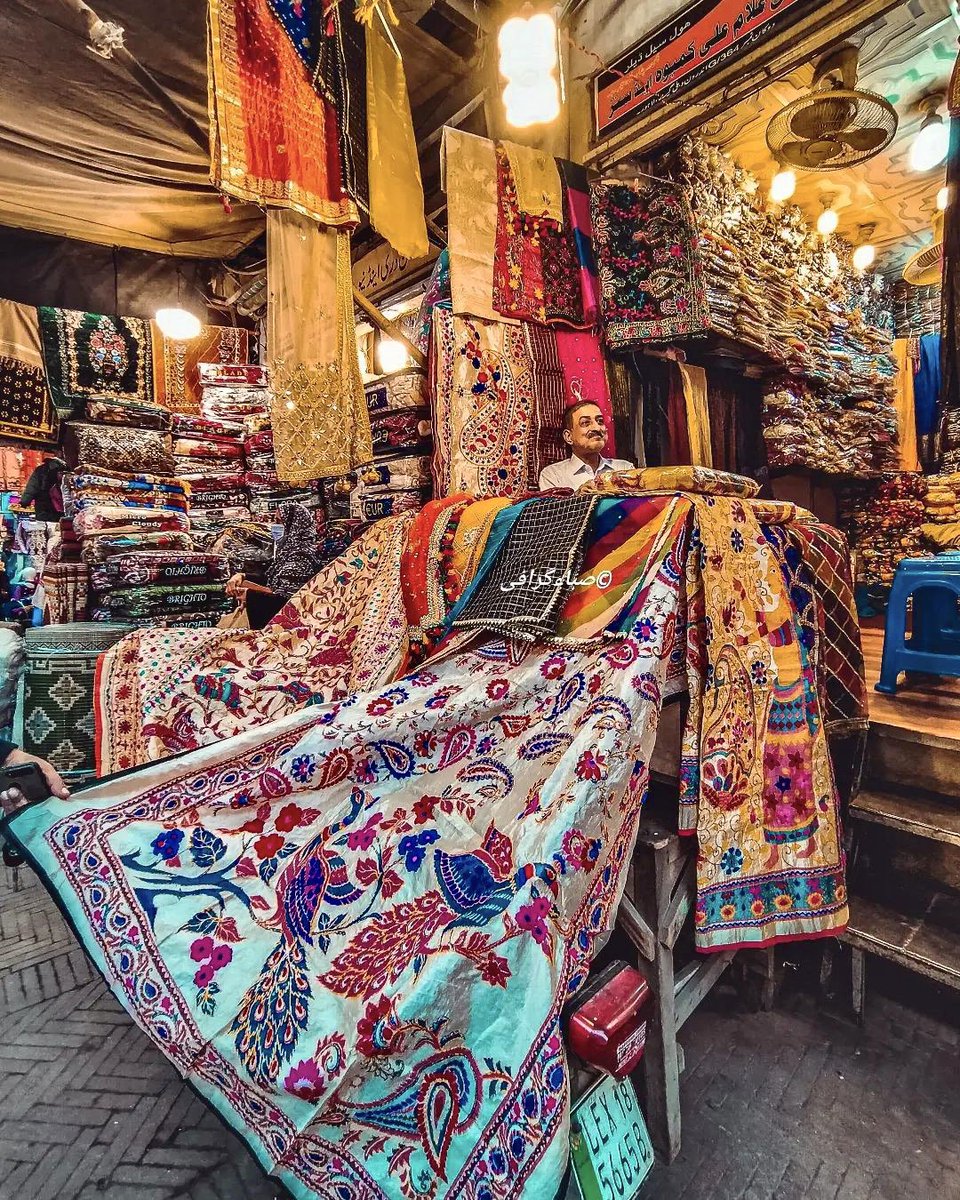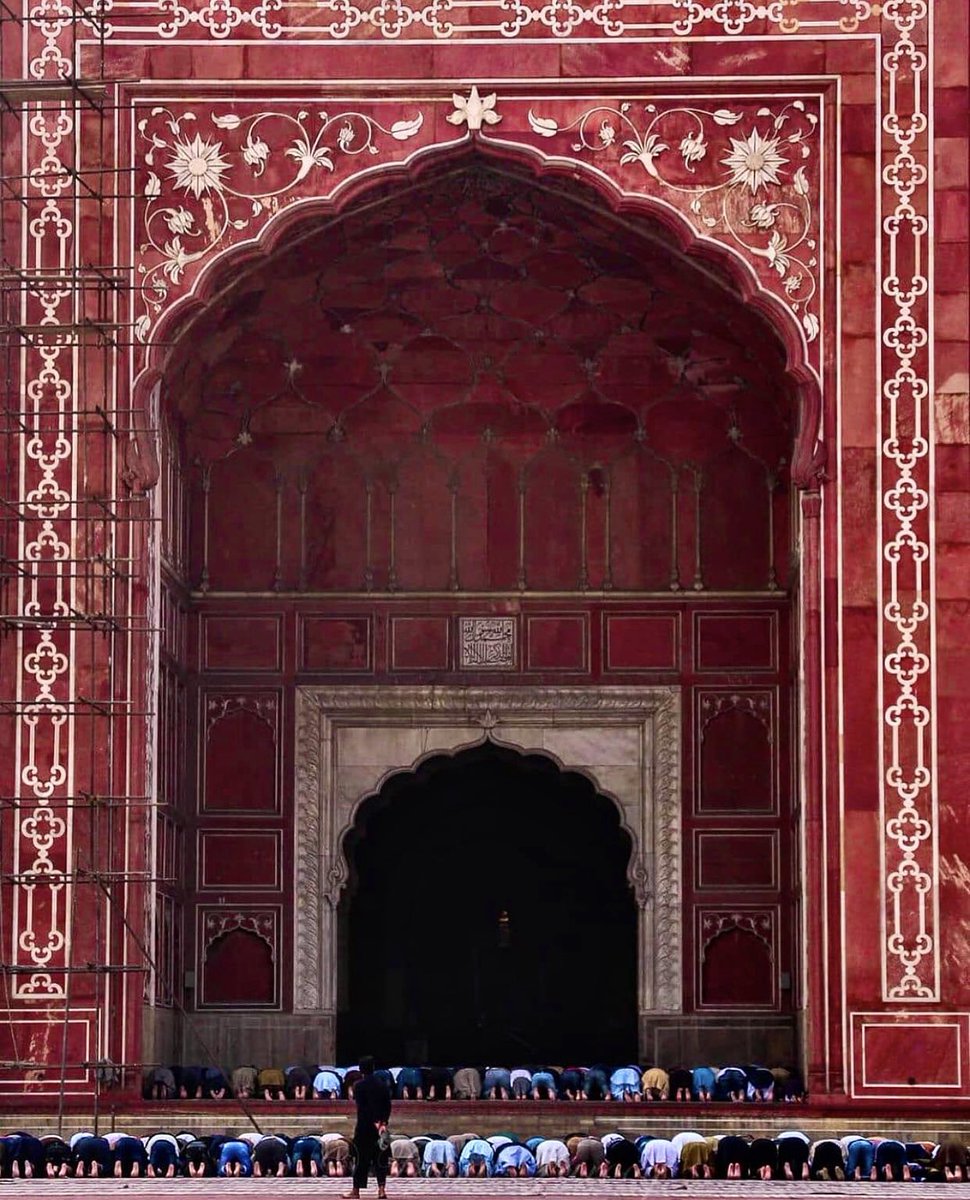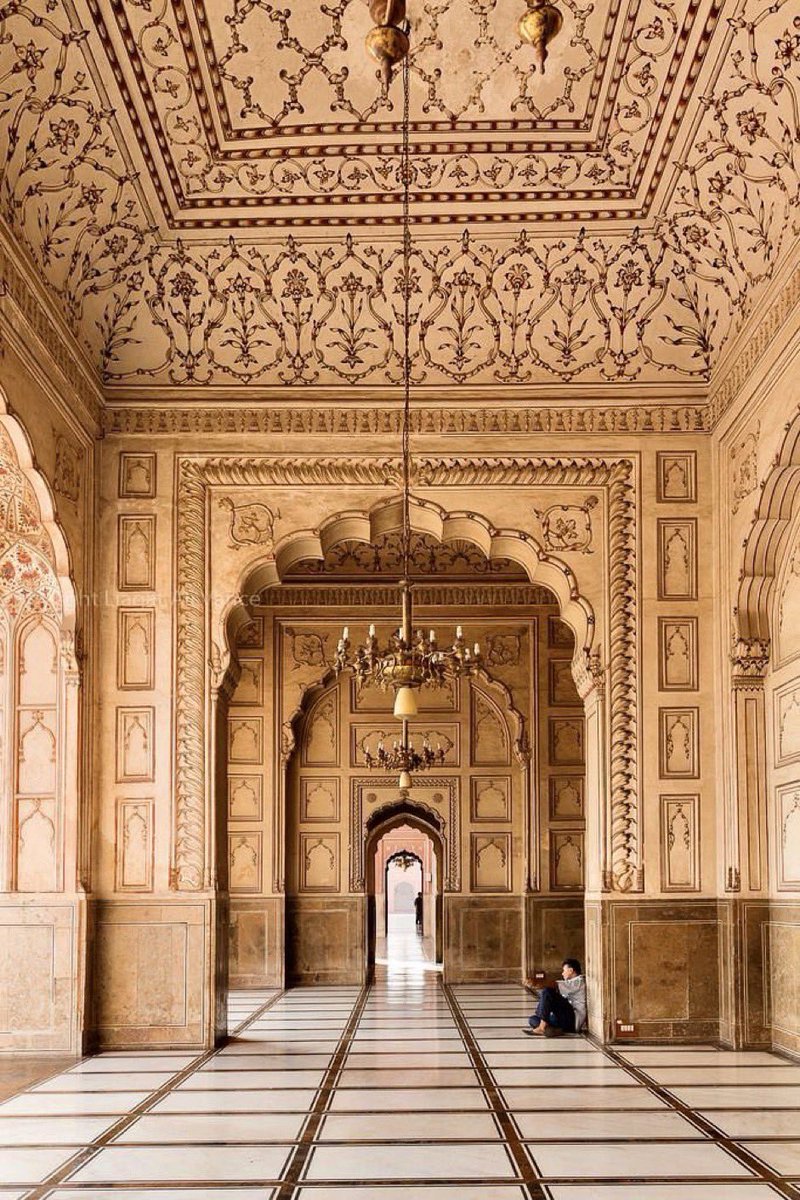In Pakistan, there's a saying in the city Lahore – Jis Lahore Nai Dekhya O Jamyai Nai – meaning one who hasn’t seen Lahore simply hasn’t lived. It expresses the pride Lahoris have for their city, which is also known as 'The Paris of the East'
A thread on the beauty of Lahore…
A thread on the beauty of Lahore…

1/ Badshahi Mosque, Lahore
Built in 1673, this Mughal-era congregational mosque is located west of Lahore Fort along the outskirts of the Walled City of Lahore, and is widely considered to be one of Lahore's most iconic landmarks
Built in 1673, this Mughal-era congregational mosque is located west of Lahore Fort along the outskirts of the Walled City of Lahore, and is widely considered to be one of Lahore's most iconic landmarks

3/ Fort Road Food Street, Lahore
You haven’t eaten until you’ve been to Lahore. If the gastronomes of the Mughal Empire were used to over-the-top meals, Lahore’s modern-day residents are no less demanding.
You haven’t eaten until you’ve been to Lahore. If the gastronomes of the Mughal Empire were used to over-the-top meals, Lahore’s modern-day residents are no less demanding.
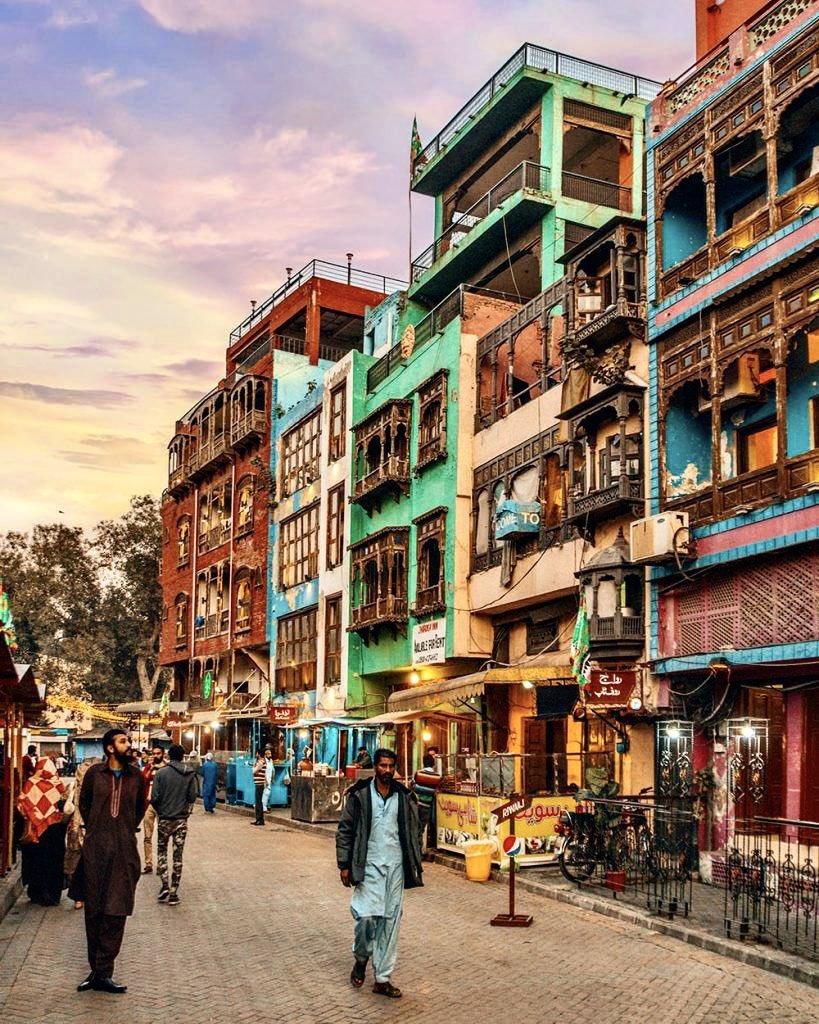
4/ Sheesh Mahal, Lahore
The Sheesh Mahal is a palace located within the Shah Burj block in northern-western corner of Lahore Fort. It was constructed under the reign of Mughal Emperor Shah Jahan in 1631–32, with some additions later under Sikh Maharaja Ranjit Singh.
The Sheesh Mahal is a palace located within the Shah Burj block in northern-western corner of Lahore Fort. It was constructed under the reign of Mughal Emperor Shah Jahan in 1631–32, with some additions later under Sikh Maharaja Ranjit Singh.
6/ A walk to Wazir Khan Mosque, Lahore
The construction began in 1634 C.E. & completed in 1641. Considered to be the most ornately decorated Mughal-era mosque it is renowned for its intricate faience tile work known as kashi-kari, as well as embellished frescoes
The construction began in 1634 C.E. & completed in 1641. Considered to be the most ornately decorated Mughal-era mosque it is renowned for its intricate faience tile work known as kashi-kari, as well as embellished frescoes
@Mobeen_Ansari 9/ Lahore Fort
Built in 1566, Lahore Fort is a citadel in the city. The fortress is located at the northern end of walled city Lahore, and spreads over an area greater than 20 hectares. It contains 21 notable monuments, some of which date to the era of Emperor Akbar
Built in 1566, Lahore Fort is a citadel in the city. The fortress is located at the northern end of walled city Lahore, and spreads over an area greater than 20 hectares. It contains 21 notable monuments, some of which date to the era of Emperor Akbar
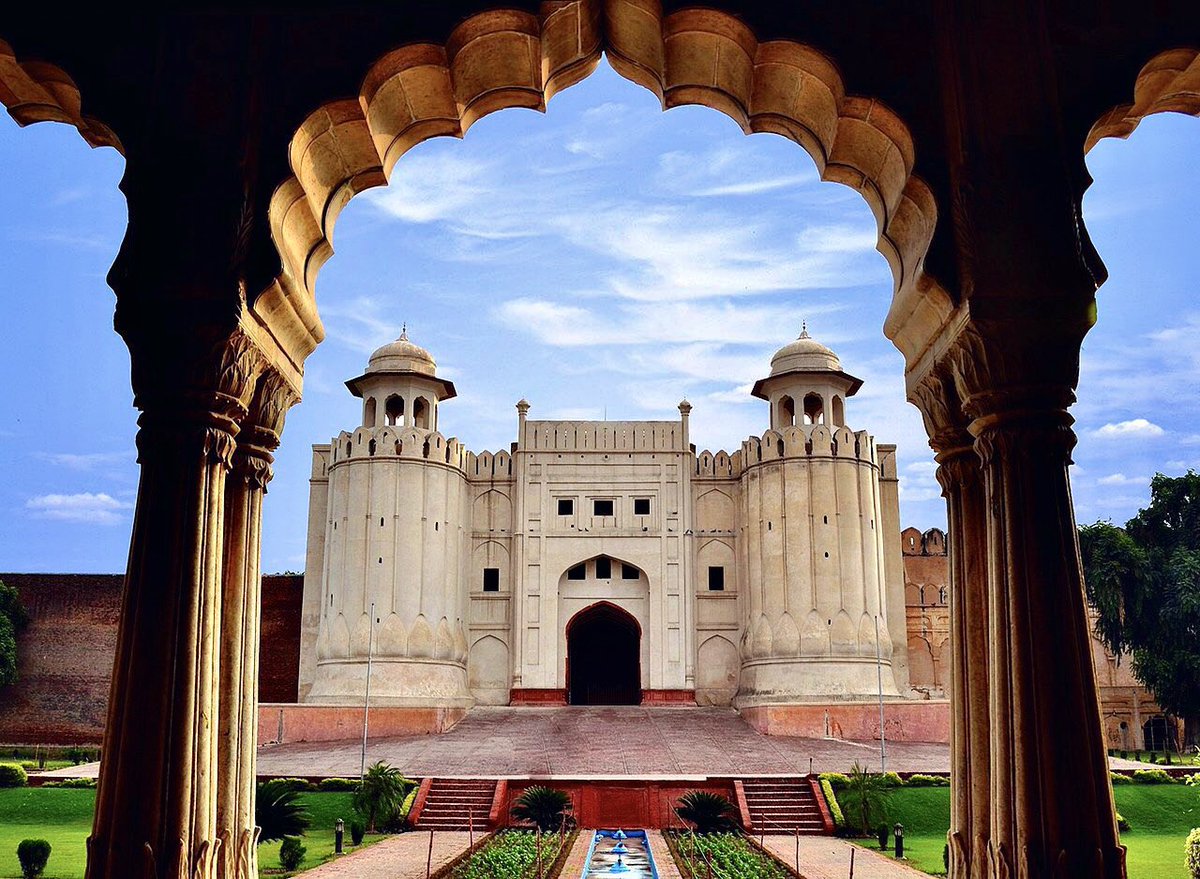
@Mobeen_Ansari 10/ A walk through Badshahi Mosque & Lahore Fort
@Mobeen_Ansari 11/ Delhi Gate (Delhi Darwaza), Lahore
One of six remaining historic gates of the Walled City of Lahore, Pakistan. Delhi Gate & the adjacent Shahi Hammam were restored in 2015 by the @aghakhancultural
One of six remaining historic gates of the Walled City of Lahore, Pakistan. Delhi Gate & the adjacent Shahi Hammam were restored in 2015 by the @aghakhancultural
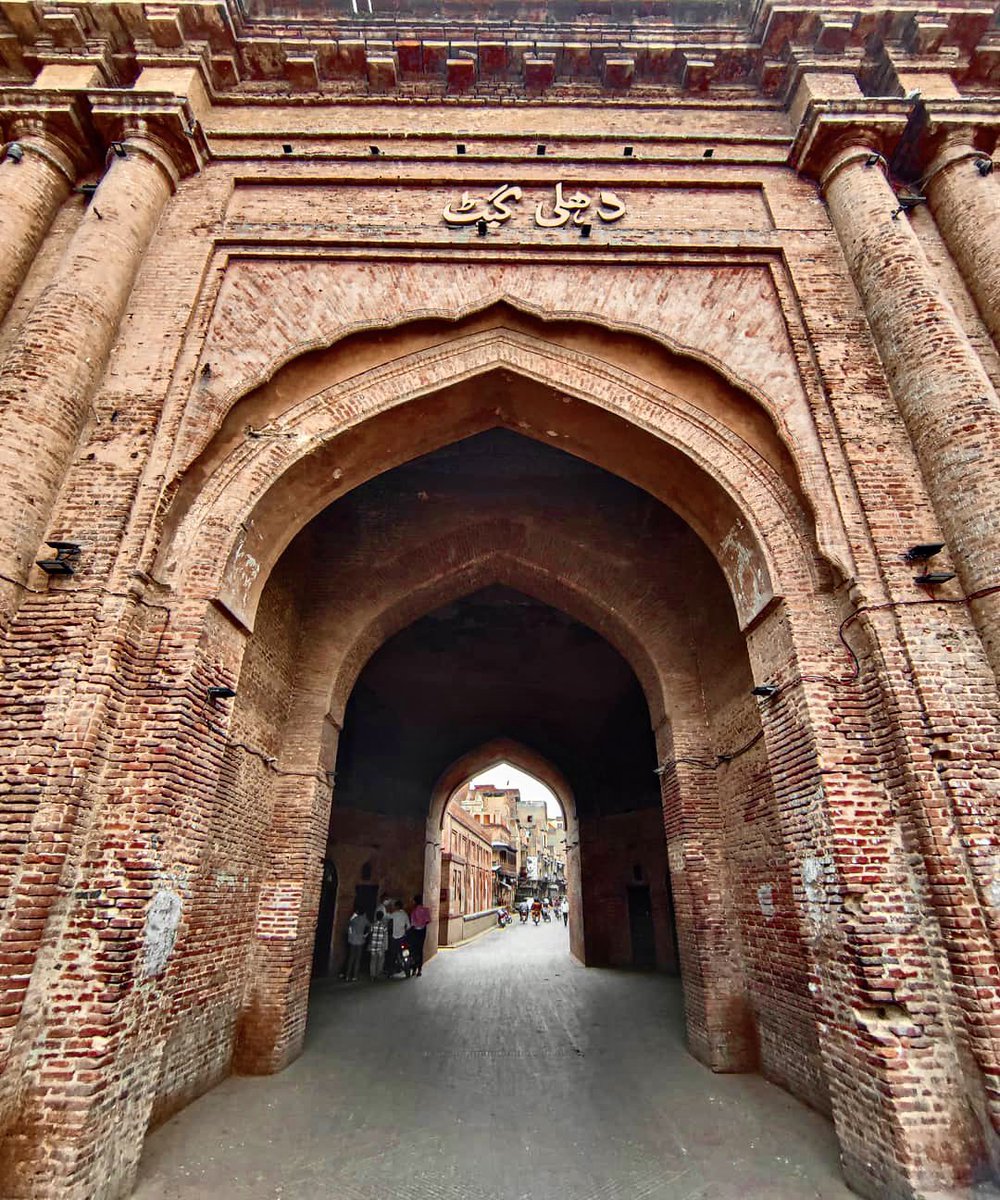
12/ Shahi Hammam, Lahore
Built in 1635, it is located within the Walled City of Lahore. It consisted of hot, warm, cool plunges, sweat rooms & related facilities. It has 21 inter-connected rooms. An additional room is set at an angle facing Makkah & was used as a prayer room
Built in 1635, it is located within the Walled City of Lahore. It consisted of hot, warm, cool plunges, sweat rooms & related facilities. It has 21 inter-connected rooms. An additional room is set at an angle facing Makkah & was used as a prayer room
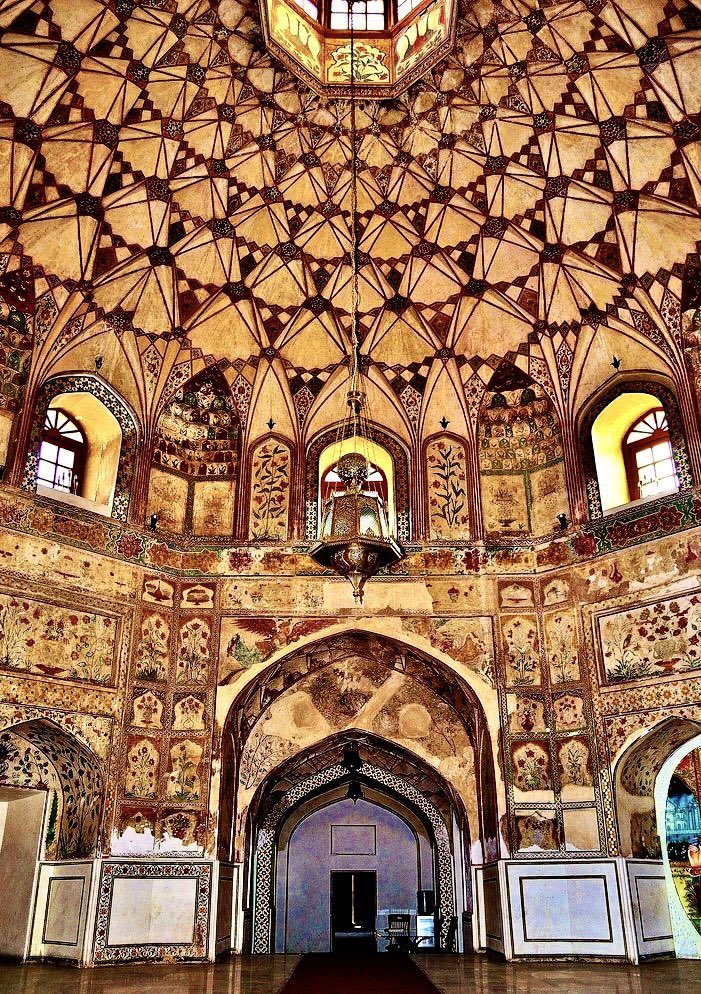
13/ Colourful Truck
Lahore’s colourful, ornate trucks rumbling down roads & highways is a very common sight, & a dominant part of the country’s identity. Pakistani truck art is more than just cultural expression, it’s also a deeply rooted tradition
Lahore’s colourful, ornate trucks rumbling down roads & highways is a very common sight, & a dominant part of the country’s identity. Pakistani truck art is more than just cultural expression, it’s also a deeply rooted tradition
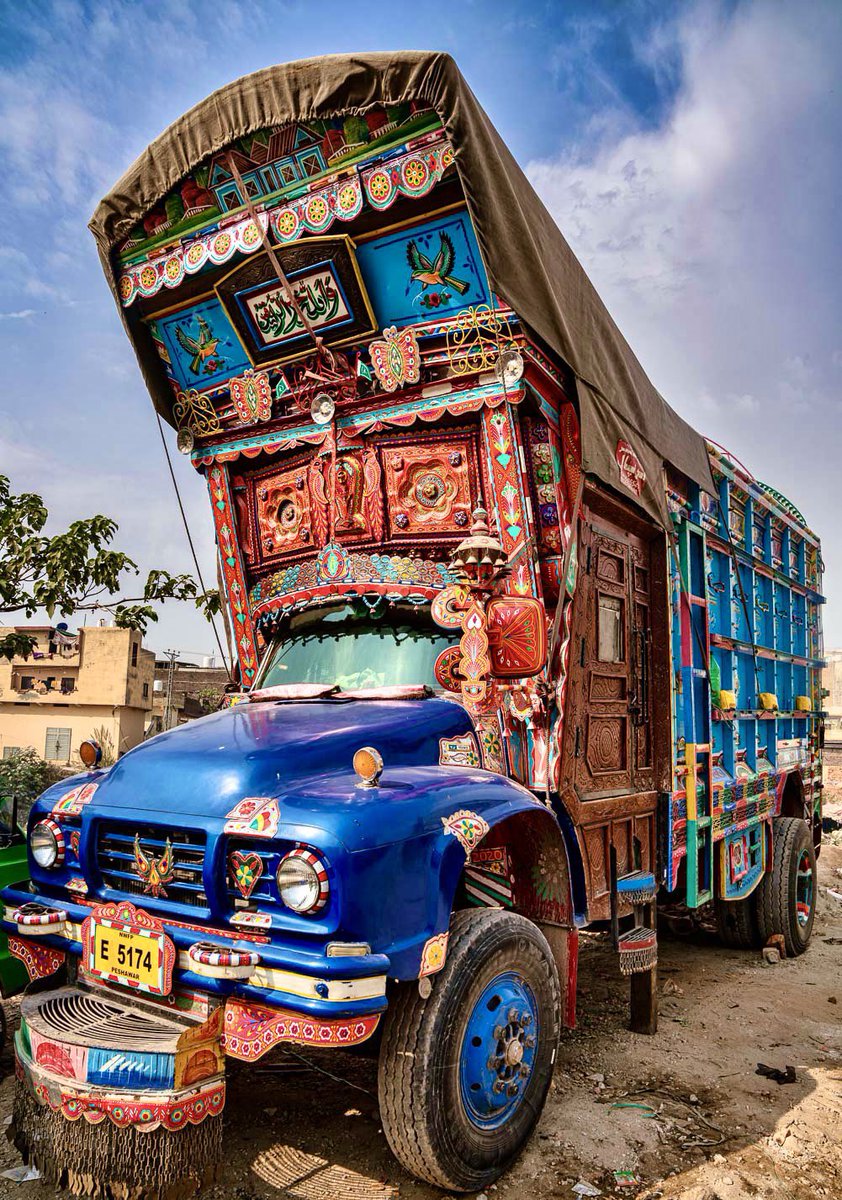
14/ Fakir Khana, Lahore
Private museum of the Fakir Family of Lahore. It is one of the largest private museums in South Asia. Considered a hidden treasure of art: paintings, sculptures, manuscripts, Chinese porcelain, Persian carpets and more @androon_lahore
Private museum of the Fakir Family of Lahore. It is one of the largest private museums in South Asia. Considered a hidden treasure of art: paintings, sculptures, manuscripts, Chinese porcelain, Persian carpets and more @androon_lahore
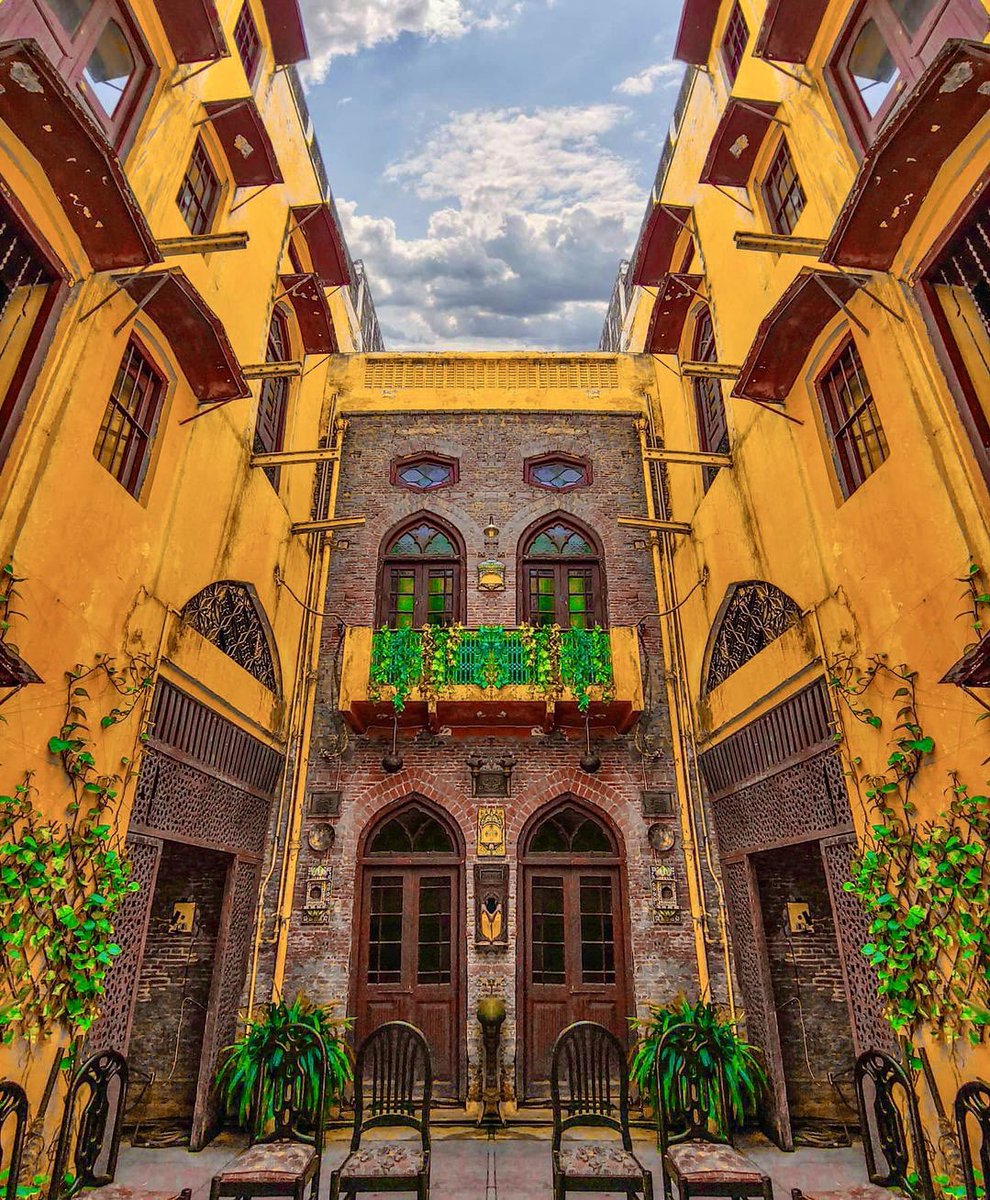
@androon_lahore 18/ Lahore Museum
Founded in 1865 at a smaller location and opened in 1894 at its current location on The Mall in Lahore during the British colonial period, Lahore Museum is Pakistan's largest museum, as well as one of its most visited ones
Founded in 1865 at a smaller location and opened in 1894 at its current location on The Mall in Lahore during the British colonial period, Lahore Museum is Pakistan's largest museum, as well as one of its most visited ones
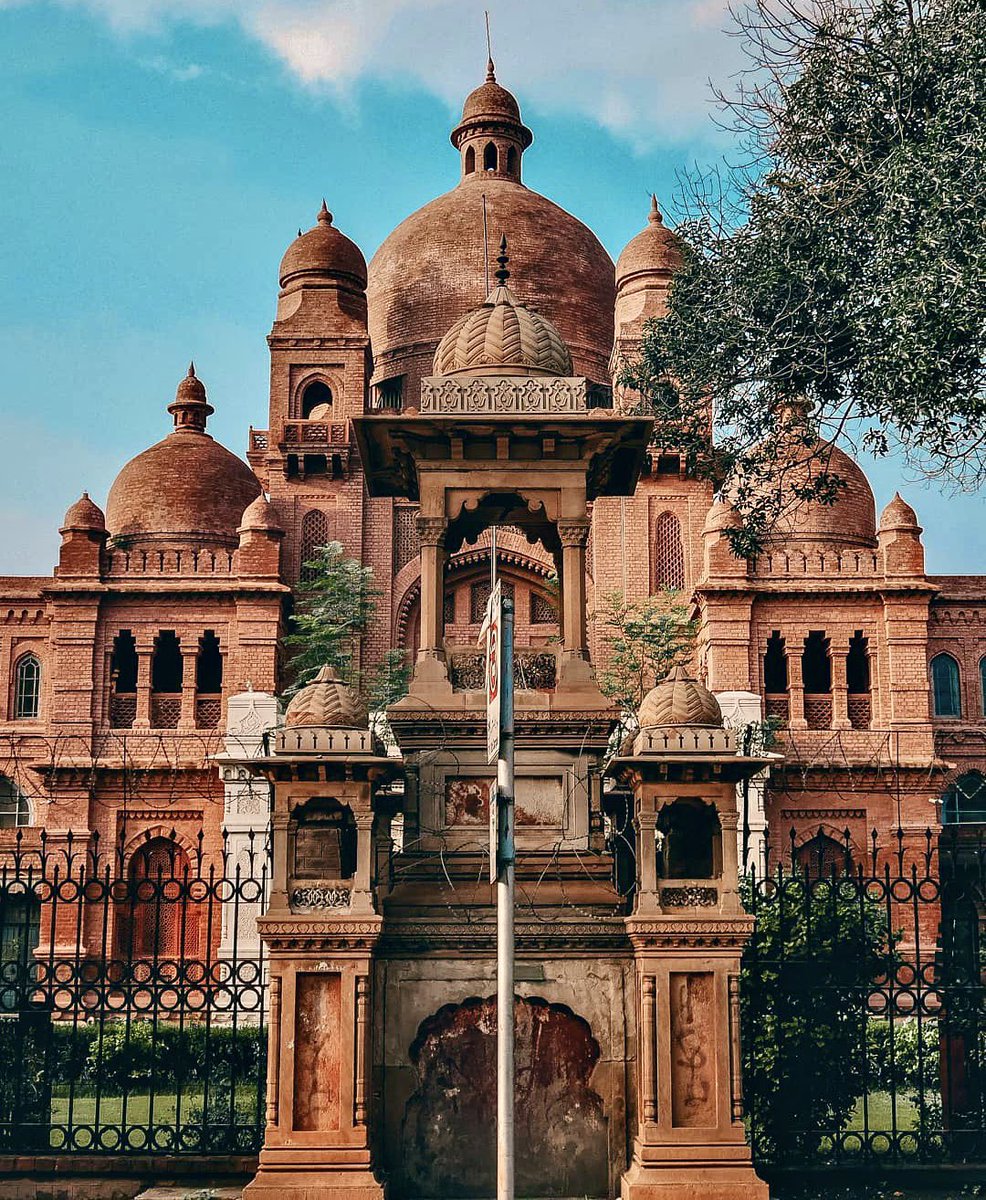
@androon_lahore 22/ Quaid-E-Azam Library Bagh-e-Jinnah, Lahore
A public library in located within the Bagh-e-Jinnah in Lahore, Punjab, Pakistan. The library was constructed in the mid 19th century during the British Raj comprises of Victorian era Lawrence and Montgomery Halls
A public library in located within the Bagh-e-Jinnah in Lahore, Punjab, Pakistan. The library was constructed in the mid 19th century during the British Raj comprises of Victorian era Lawrence and Montgomery Halls
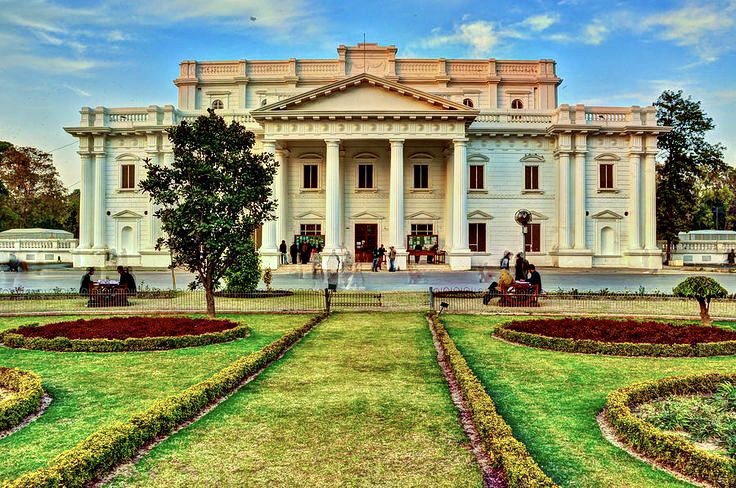
@androon_lahore 23/ Gol Gappa in Lahore
Bursting with tons of flavors and textures, gol gappa is a popular street snack from the Indian subcontinent that locals love to munch on regardless of the time of the day. It’s much loved by Lahoris
Bursting with tons of flavors and textures, gol gappa is a popular street snack from the Indian subcontinent that locals love to munch on regardless of the time of the day. It’s much loved by Lahoris
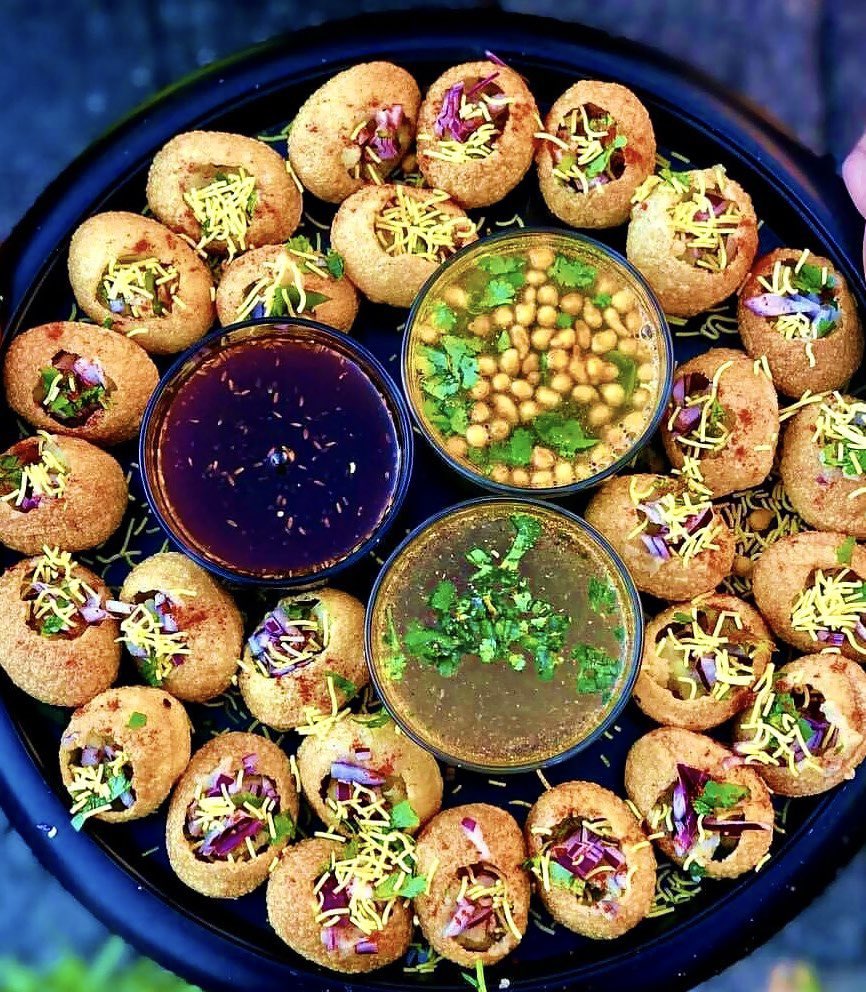
@androon_lahore 24/ Beautiful Old Vibes at Delhi Gate Androon Lahore
@androon_lahore Want to explore Islamic heritage through the art of the city?
Join us for a fascinating and unique online event, "The City as Art: Islamic Archaeology & Heritage."
August 15
1:00 - 2:30pm BST
Online
If you can’t attend live, all ticket holders receive a recording of the… https://t.co/LLkPtiO5awtwitter.com/i/web/status/1…

Join us for a fascinating and unique online event, "The City as Art: Islamic Archaeology & Heritage."
August 15
1:00 - 2:30pm BST
Online
If you can’t attend live, all ticket holders receive a recording of the… https://t.co/LLkPtiO5awtwitter.com/i/web/status/1…
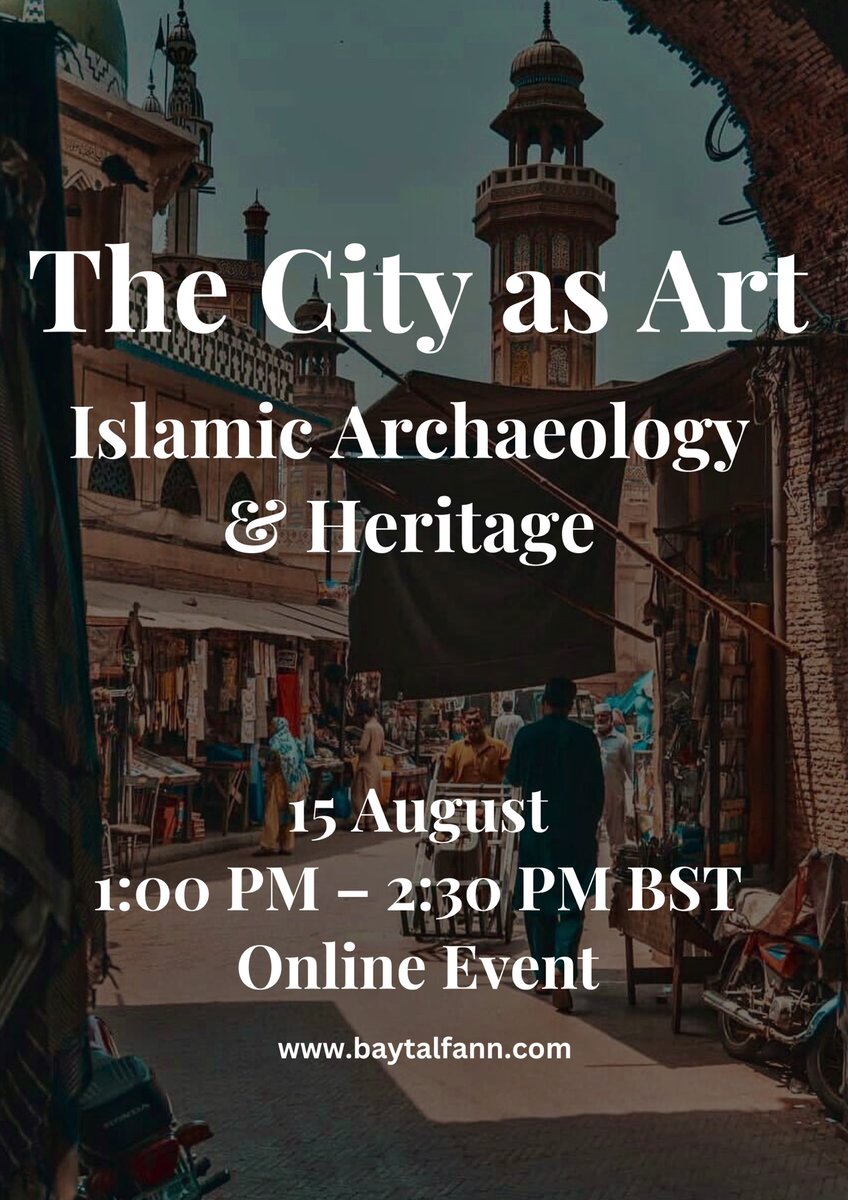
• • •
Missing some Tweet in this thread? You can try to
force a refresh

 Read on Twitter
Read on Twitter

